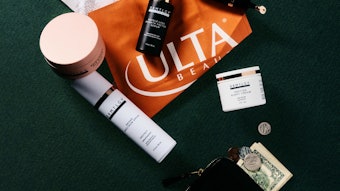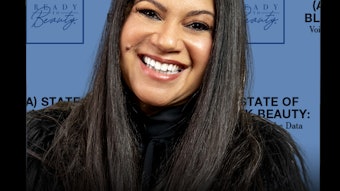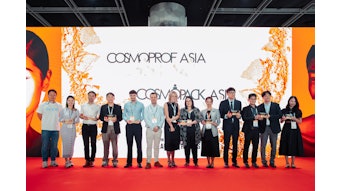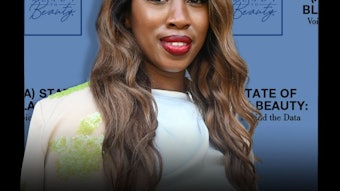
"There is an emotional need at the heart of all our choices that is at the core of the future of beauty," Jan Zijderveld, CEO Avon Products, recently noted in a company report. Beauty has long been recognized as a highly emotion-led category, with many marketers leveraging these triggers in their strategies and branding.
But the role of emotions has expanded in recent years, becoming a central focus of AI research for retail, product design and more, as well as a foundational element for rethinking brand, product and corporate transparency.
At the same time, societal alienation, particularly (though not exclusively) in the United States, sits at a record high level. Take for example the latest Harris Poll Alienation Index finding: "40% [of US respondents] believe that they are left out of things going on around them, compared to 42% two years ago, 38% in 2013, and 41% in 2011."
Similarly, overall trust in institutions, including legacy brands, has cratered.
In China, a critical beauty market that will drive significant future growth, Mintel research is reporting a similar state of mind among consumers. According to the firm's data, "23% of urban Chinese females aged 20-24 report that they are suffering from anxiety disorders or depression."
The report also notes that "72% of British females aged 16-24 are interested in using a fragrance to destress and almost half to boost mental clarity."
Anxiety and dissatisfaction are truly global phenomenons.
Now, Avon, which is undergoing a significant makeover in response to flagging results, is refocusing its energies on the emotional realities of the changing world.
A Glimpse of Tomorrow's Beauty Consumer
This could ultimately manifest in products that are customized on a real-time basis based upon the consumer's current emotional state. For instance, a skin care product with an ingredient mix that changes based on the user's shifting vitamin or "calming" needs, or a fragrance with emotional cues based on how the user wants to feel.
This emotion-led future will also include shopping experiences that change around the consumer based on their state of mind. This could manifest as a simplified range of choices offering good value for the money for busy mid-week shopping, or more experiential, indulgent shopping experiences for the weekend. The experience will mimic the consumer's state of mind at any given time.
All products will have to be designed to offer this level of emotional boost, while brands will need to find ways to foster the consumer's sense of connection.
All of this will be accomplished not so much through the almighty god of data, but rather through a more nuanced understanding of how individuals perceive and experience the world around them.
As a recent Avon white paper put it, "in the future, we’ll know not just what our customer is doing, and what she’s thinking…but how she’s feeling."
The Mintel analysis adds that tomorrow's product development innovators could fully transition skin care into self care, providing opportunities for floral therapy, aromatherapy and various other alternative medicines.
This, paired with the rise of China's beauty market, could provide a global boost to the application of TCM, or traditional Chinese medicines, which offer both heritage and an emotional benefit.
How Emotional Design Manifests Today
That future is a ways off, but Avon is already working emotional components into its design strategies. For example, the company's teams observed that mascara users often used unconventional tools such as safety pins and spoons to achieve their desired look, a manifestation of frustration.
Related research: US lash and brow product consumer needs and wants.
Avon's researchers realized that the quick-drying mascara formulations were causing consumers to take outlandish measures to apply product. This was a less than ideal situation.
The technical teams leveraged this frustration to pursue the formulation of slower drying mascaras based on gel technology derived from the candle industry, which were ultimately marketed under the Big & Style name.
The mascaras reportedly set relatively quickly but do not dry out, allowing for application flexibility.
As the Avon emotions white paper concludes: "Ultimately what this means for Avon, and for the future of beauty, is that the psychological, and the emotional aspect of our beauty purchases has never been more interlinked with the idea of what beauty means."
At the same time, Mintel's analysis has found that various brands are already integrating emotional wellness claims into their design, including serotonin level boosts, positive energy from crystals and formulations designed around three moon phases.
Source: Avon Innovation Centre's "Special Report: Beauty, the Future and the Power of Emotions" white paper (2018)










